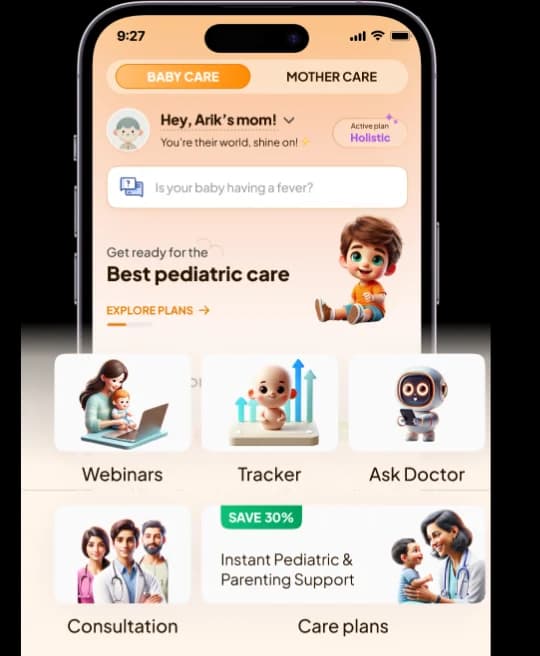
Is It Common For Infants To Hiccup Frequently?
Yes, it is quite common for babies younger than a year to experience hiccups. In fact, as early as 21 weeks of gestation, babies can experience hiccups in the womb, which can be unsettling for expectant mothers but is perfectly normal. However, if your baby's hiccups are becoming a source of concern, there are some steps you can take to alleviate them.
What Causes Hiccups In Newborns?
Hiccups are caused by the inflammation or stimulation of the diaphragm, a muscle located at the bottom of the rib cage. The involuntary contraction of this muscle draws air into the pharynx, and an audible "hic!" is produced when air enters the lungs and the vocal cords quickly close in response.
The causes of hiccups in infants are still under debate, but some possibilities include excessive air consumption, a very high intake of breast milk, formula, or other food, rapid consumption, and not burping after a feed.
How to Prevent Baby Hiccups?
While it may not always be possible to stop your baby from getting hiccups, there are several things you can do to help prevent them. These include:
- Burping your baby after every feeding.
- Keeping your baby sitting up while feeding them to help them burp the air out of their system.
- Feeding your baby as soon as they show signs of hunger to prevent them from taking in extra air when they are very hungry.
- Using nipples that have an opening that is just right for your baby. If the opening is too big, the formula or breast milk may come out too rapidly, and if it's too little, your baby may gulp air if they don't get enough milk.
- Ensuring your baby has a secure latch when breastfeeding. If you have any questions, talk to a lactation expert.
- Avoiding force-feeding your baby, as overfeeding can lead to flatulence.
It is important to note that you should not try common home remedies for hiccups such as stunning the baby, pressing on the eyes, pushing on the fontanel, or twisting the tongue. There is no evidence that these methods work, and attempting them could potentially cause harm to your child.
